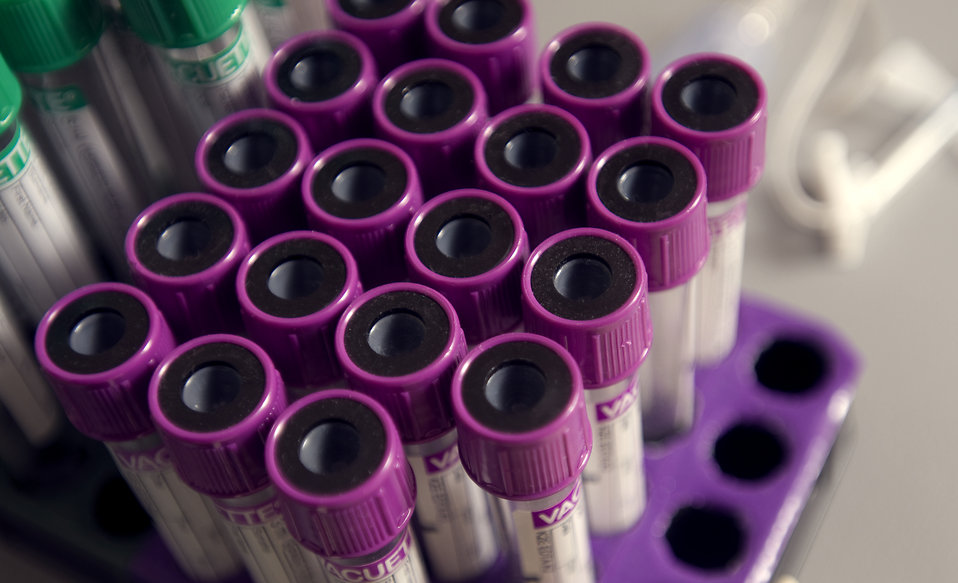Cholinesterase Test: What it is, What it’s For & Results Explained
Cholinesterase is an enzyme required for function in the nervous system and is responsible for breaking down acetylcholine (a neurotransmitter), so that it does not over-stimulate post-synaptic nerves, muscles, and exocrine glands. It can be affected by genetic factors and poisoning.
Exposure to organophosphate or carbamate pesticides can inhibit cholinesterase from breaking down acetylcholine.
Why would you need a cholinesterase test?
A doctor may measure you cholinesterase levels if you have been exposed to pesticides of the organophosphate or carbamate types.
Exposure to these pesticides may occurr via inhalation, ingestion or through the skin.
How is a cholinesterase test performed?
Cholinesterase is a blood test and requires a few millilitres of blood from a vein.
The laboratory may measure the levels of cholinesterase enzyme activity in the plasma or red blood cells, or both.
Find and instantly book affordable GPs within AustraliaGet on top of your general health
Cholinesterase test results explained
Cholinesterase levels vary greatly between different individuals, and laboratories employ many different methods of testing. Therefore, a cholinesterase level is most useful when it is repeated in the same person, before and after exposure.
Results are usually expressed in terms of percentage drop from baseline; a decline of more than 35% is considered to indicate severe poisoning.
Plasma cholinesterase levels are more useful for acute (short-term) exposure, while red cell levels are more useful in the chronic (long-term) setting.
In a case of deliberate self-poisoning, the cholinesterase level may be low enough to diagnose organophosphate or carbamate poisoning, without a prior ‘baseline’ level.
Related specialists
- General Practitioner (GP)
- Occupational Health Physician
- Toxicologist
- Emergency Physician
- Intensivist
- General Physician
Related procedures
- Blood Test (venesection)
Related tests
- Glucose
- Drug Levels
- Urea & Electrolytes
- Liver Function Tests
- Full Blood Count
- Chest X-Ray (CXR)
- Electrocardiogram (ECG)
Also known as
- Plasma Cholinesterase levels
- Red Cell Cholinesterase levels
- Cholinesterase activity
- Pseudocholinesterase
Links
- PMEP: Cornell University – Cholinesterase Inhibition
- Wikipedia – Cholinesterase
- Wikipedia – Acetylcholine
A: Use HealthEngine to find and book your next GP appointment. Click on the following locations to find a GP clinic in your state or territory.
This article is for informational purposes only and should not be taken as medical advice. If in doubt, HealthEngine recommends consulting with a registered health practitioner.
All content and media on the HealthEngine Blog is created and published online for informational purposes only. It is not intended to be a substitute for professional medical advice and should not be relied on as health or personal advice. Always seek the guidance of your doctor or other qualified health professional with any questions you may have regarding your health or a medical condition. Never disregard the advice of a medical professional, or delay in seeking it because of something you have read on this Website. If you think you may have a medical emergency, call your doctor, go to the nearest hospital emergency department, or call the emergency services immediately.








